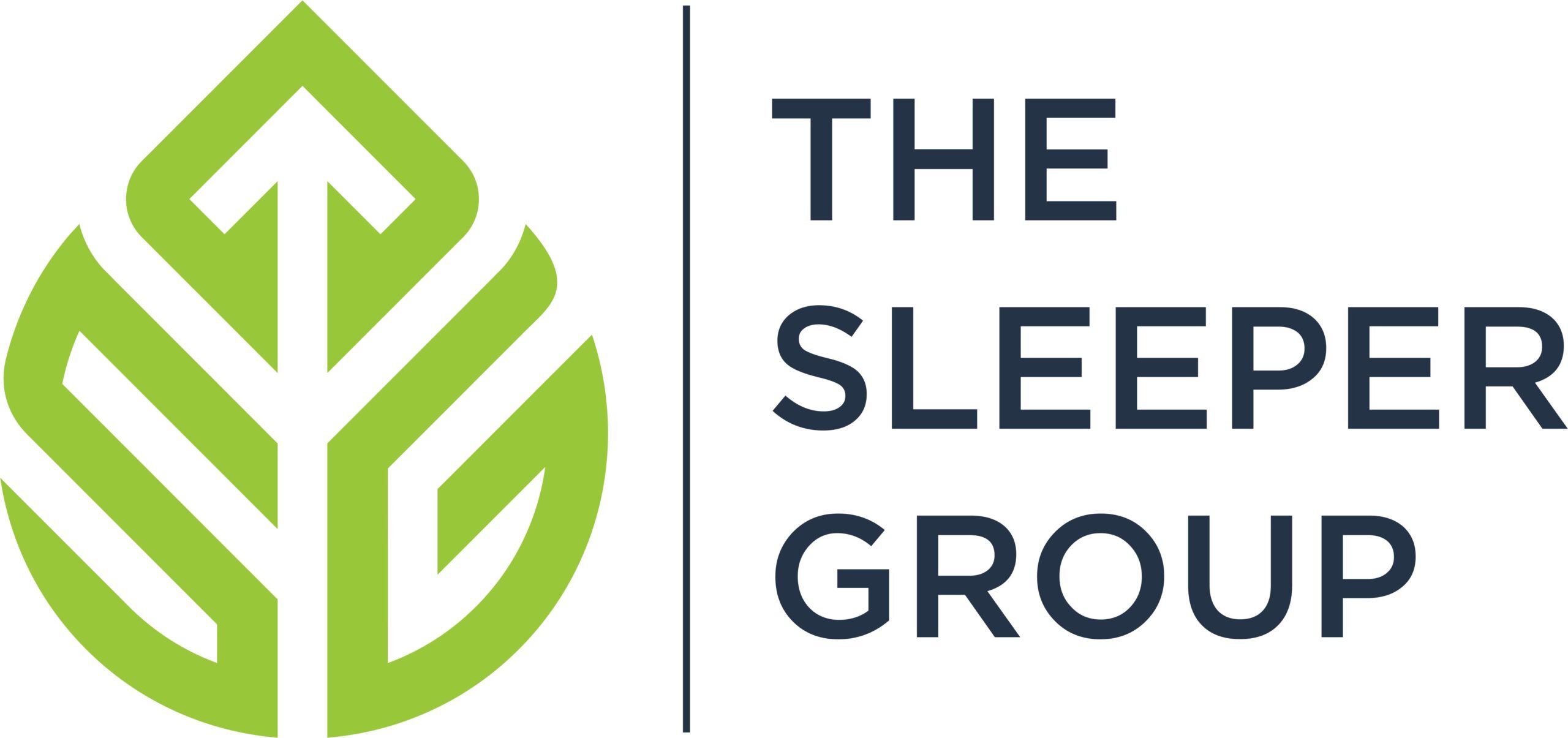What does it mean to “stop and smell the roses”? It means consciously directing your mind to be aware and attentive to the present moment to experience and enjoy more of the world surrounding you. But in today’s work culture, are people too busy for roses? In 2007, a renowned violinist Joshua Bell played 6 Bach pieces at a metro station in D.C. He played some of the hardest songs to exist on a $3 million violin for almost an hour. He only made $32, with only 6 viewers and no applause. His typical shows sell out for $100 a ticket. Why did such few people stop?
We need to understand what people mean when they say they are busy. Are they using the word as a proxy for other feelings such as fatigue or being overwhelmed? Is it a silent plea for recognition for their hard work? Are they saying they need help to prioritize? Sometimes, it can be easier to lump these more nuanced expressions of emotion under the umbrella term of “busy.”
Organizational trust and outdated performance management models could have a role to play here, as well. If people don’t feel they have the trust from management to do their jobs, they may compensate by being busy — ensuring that they are visible. This can show up through increased meeting attendance, answering emails outside of business hours, excess participation, etc.
Being busy, as a part of the phenomenon, we declared as busy culture, is a status symbol at work and in all parts of life. Though the presence of the pandemic has begun to allow busy culture to fade slightly, it is still prevalent in our society.
The key to combating busy culture is setting boundaries. At work, this needs to be done with unquestionable company commitment, which allows employees to say “no” to tasks that don’t align with their primary responsibilities. Some companies even go as far as to pay their employees to work less. Yes, you heard that right. More than four-fifths of employees send work emails on weekends, and nearly six in ten do so while on vacation. These problematic behaviors are the antithesis of a healthy work-life balance. One tech company, FullContact distributes vacation stipends when employees follow three simple rules: no checking work messages, no working, and no staying home (unless it’s a staycation). Internally, they refer to this program as a “paid paid vacation.”
We must move away from busy culture and focus on finding a healthy work-life balance. This starts at the top leadership. Leaders should model such behavior that encourages and incentivizes a healthy work-life balance; clear boundaries that allow for rest when needed rather than the mentality of just pushing through. In other words, give permission to your employees to “stop and smell the roses.”
